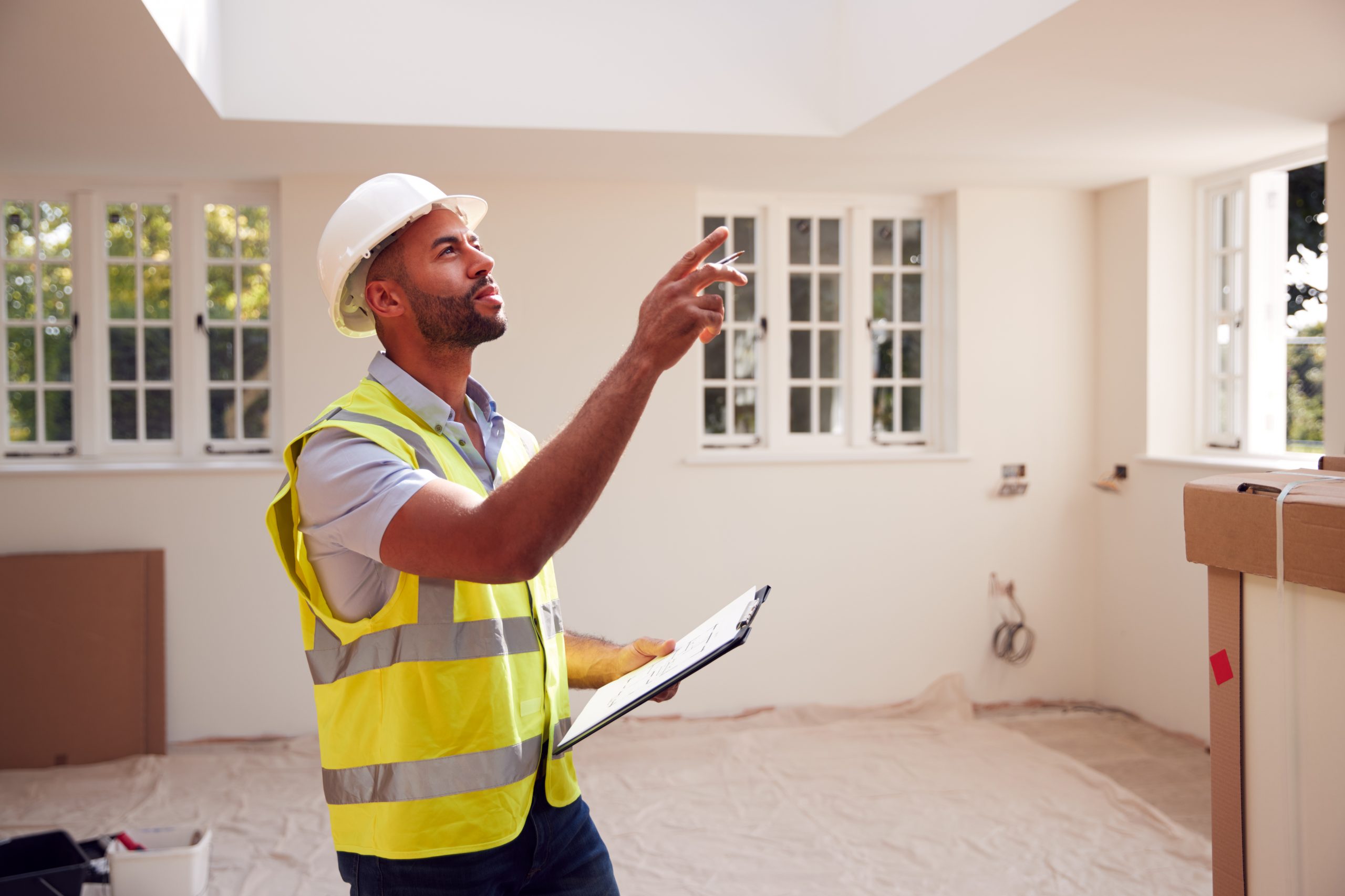How a Property Mediation Service Can Resolve Construction Disputes Fast
A property mediation service provides a practical and effective way to resolve disputes in construction and property projects without resorting to lengthy and costly legal battles. When tensions rise between clients, contractors, or developers, communication often breaks down, leading to frustration, delays, and financial loss. Mediation offers a structured yet flexible process that helps both parties find common ground and reach an agreement that works for everyone involved.
Unlike court proceedings, which can take months or even years to conclude, a property mediation service is designed to deliver swift results. A trained mediator acts as a neutral third party, guiding discussions, clarifying misunderstandings, and helping both sides work towards a fair resolution. This approach not only saves time but also preserves working relationships, which can be essential in ongoing projects or future collaborations.
For property owners and construction professionals, mediation can be the difference between a manageable disagreement and a full-scale legal dispute. It helps resolve issues such as payment delays, workmanship concerns, or contract misunderstandings efficiently and confidentially.
In this article, we’ll explore how a property mediation service works, why it’s often a better choice than taking legal action, and what you should look for when choosing a qualified mediator. We’ll also explain how HICH’s trusted mediation experts can support you in achieving fast, fair, and cost-effective resolutions that keep your project on track.
What Is a Property Mediation Service and How Does It Work?
A property mediation service is a structured process that helps resolve disputes between parties involved in property or construction projects. It brings together clients, contractors, developers, or landlords to discuss disagreements in a calm, controlled setting. The process is managed by a neutral mediator whose role is to guide conversations, identify areas of agreement, and help both sides reach a solution without taking the matter to court.
The mediator does not make decisions or take sides. Instead, they facilitate open communication and ensure that each party has the chance to present their perspective. The goal is to find a mutually acceptable outcome, allowing everyone to move forward. Meetings are usually held in person or online and follow a clear structure: opening statements, issue identification, private discussions, and finally, an agreement. Once both parties agree on the outcome, the mediator records the terms in writing, creating a binding or non-binding agreement depending on the parties’ preferences.
Compared with legal proceedings, a property mediation service is far quicker and more affordable. Court cases can take months or even years, whereas mediation sessions can often be arranged within days and resolved in a single meeting. The process is also private, helping to protect reputations and maintain professional relationships.
This approach is particularly useful in the construction and property sectors, where disputes can quickly escalate and cause project delays or financial losses. By resolving issues through mediation, both parties save time, money, and stress while avoiding the risk of strained relationships or halted projects. For many clients, mediation is not just a solution, it is a smarter, more collaborative way to protect their investment.

Why Mediation Is the Smart Solution for Construction Disputes
Disputes are common in the property and construction industry. Whether it’s disagreements over deadlines, workmanship, or payment, even the smallest issue can grow into a serious problem if it’s not handled early. A property mediation service offers a fast, fair, and cost-effective way to manage these conflicts before they spiral out of control.
One of the biggest advantages of mediation is that it encourages communication. Construction projects often involve multiple parties – from clients and contractors to architects and suppliers — which means misunderstandings are bound to occur. Mediation provides a neutral space for everyone involved to talk openly, supported by a professional mediator who ensures discussions remain respectful and focused on solutions rather than blame.
Unlike formal legal processes, which can be confrontational and drawn out, mediation helps both sides stay in control. Instead of leaving decisions in the hands of a judge, the parties work together to find a result that suits them both. This collaborative approach helps preserve professional relationships that may be vital for ongoing or future projects.
Financially, mediation is also a much smarter choice. Going to court can cost tens of thousands of pounds in legal fees, not to mention the potential loss of income from delays or halted work. A property mediation service typically costs only a fraction of that and can be completed within a few sessions. The time saved also translates into significant financial benefits, as projects can continue without months of uncertainty.
Emotionally, mediation reduces stress for all involved. Legal battles are draining and often create hostility, while mediation focuses on rebuilding trust and moving forward constructively. The process encourages compromise, allowing both parties to walk away feeling heard and respected rather than defeated.
In an industry built on deadlines and budgets, mediation stands out as the smarter, faster, and more efficient way to resolve disputes. It’s not just about fixing problems; it’s about protecting relationships, investments, and reputations. For anyone facing property-related disagreements, turning to mediation is often the best first step toward a practical, lasting solution.
Property Mediation Service vs Legal Action: The Key Differences
When a property dispute arises, one of the first questions people ask is whether they should go to court or try mediation. Understanding the difference between a property mediation service and legal action can help you make the right decision for your situation.
A property mediation service focuses on finding a resolution through open discussion and mutual agreement. The process is voluntary and led by a neutral mediator who ensures both parties are treated fairly. The aim is to reach a settlement that everyone can accept, without the need for a judge or formal hearing. This approach is designed to be quick, confidential, and cost-effective.
Legal action, on the other hand, is a formal process that involves solicitors, court fees, and often months of preparation. It can be necessary in certain cases, such as when one party refuses to cooperate, but it is typically much more expensive and stressful. Once a case goes to court, both parties lose control over the outcome as a judge will make the final decision based on legal evidence and arguments.
The key difference lies in control and collaboration. Mediation allows both sides to stay in control of the outcome. It encourages communication and helps preserve relationships that might otherwise be damaged through litigation. It is also private, meaning that sensitive details do not become public record. Court cases, however, are open to the public and can damage reputations or professional partnerships.
Cost is another major factor. Legal fees can quickly escalate, sometimes exceeding the amount in dispute. Mediation typically costs a fraction of that and can often be completed in just one or two sessions. This makes it particularly appealing for clients and contractors who want to resolve issues quickly and continue with their work.
While legal action has its place in severe or unresolvable cases, mediation should always be considered first. It provides an opportunity for both sides to find common ground, protect their financial interests, and avoid the uncertainty of court proceedings. In most cases, mediation achieves fair outcomes faster, with less expense and less stress.
How to Choose the Right Property Mediation Service
Choosing the right property mediation service can make a big difference to the success of your dispute resolution. While mediation is designed to be straightforward, the quality of the mediator and their approach will determine how effectively both parties reach a fair and lasting agreement.
Start by checking the mediator’s qualifications and experience. A professional mediator should be accredited by a recognised body such as the Royal Institution of Chartered Surveyors (RICS) or the Civil Mediation Council (CMC). Accreditation ensures they meet strict professional standards and have the skills needed to handle complex property disputes. It is also important to choose someone who specialises in property or construction mediation, as they will understand the technical language, documentation, and common causes of conflict in this field.
Next, look for a mediator who is completely impartial. They must remain neutral and focus solely on helping both parties find a fair solution. A good mediator will not take sides or impose decisions but will guide the discussion so that both clients feel heard and respected. Before committing, it is worth having an initial consultation to get a feel for their communication style and professionalism.
It is also wise to read client reviews and testimonials. These can provide insight into how effective the mediator is at achieving resolutions. A reputable service will often share examples of successful outcomes or case studies that demonstrate their track record.
Finally, consider preparation and process. A reliable property mediation service should explain what to expect, how to prepare documents, and what happens during and after the mediation. They should also outline the likely timescales and costs in advance, so there are no surprises later.
By taking the time to choose the right mediator, both parties can benefit from a fair, efficient, and cost-effective process. The right property mediation service will not only help resolve disputes quickly but also restore trust and pave the way for better working relationships in the future.

Protect Your Property and Relationships with a Mediation Service
Property disputes can quickly become stressful, time-consuming, and expensive if they are not handled properly. Whether it is a disagreement between a client and contractor, a landlord and tenant, or neighbouring property owners, a property mediation service offers a practical and constructive way to resolve conflict without the need for lengthy legal action.
The real strength of mediation lies in its focus on collaboration rather than confrontation. Instead of battling it out in court, both parties sit down with an impartial mediator who helps them communicate openly and reach a solution that works for everyone involved. This approach not only saves money but also helps preserve professional and personal relationships that could otherwise be damaged beyond repair.
At HICH, we understand how important it is to protect your investment and your peace of mind. Our property mediation service is designed to help clients resolve disputes quickly, fairly, and effectively. We use our experience in the construction and property sectors to ensure that discussions stay productive and focused on outcomes, not arguments. Whether the issue involves payment disagreements, unfinished work, or quality concerns, our goal is to guide both parties towards an agreement that restores trust and confidence.
Mediation is not a sign of weakness; it is a sign of professionalism. By choosing to mediate, you are taking control of the situation and seeking a practical resolution that avoids unnecessary stress and legal costs.
If you are facing a property dispute, now is the time to act. Protect your assets, save valuable time, and find a fair solution with expert support from our team. Contact HICH today to learn more about how our property mediation service can help you move forward with confidence.







